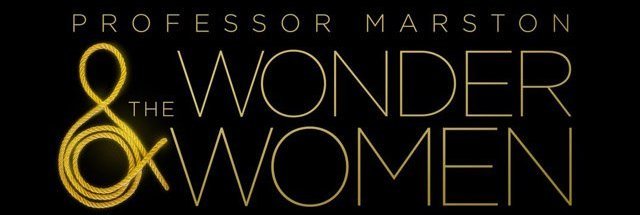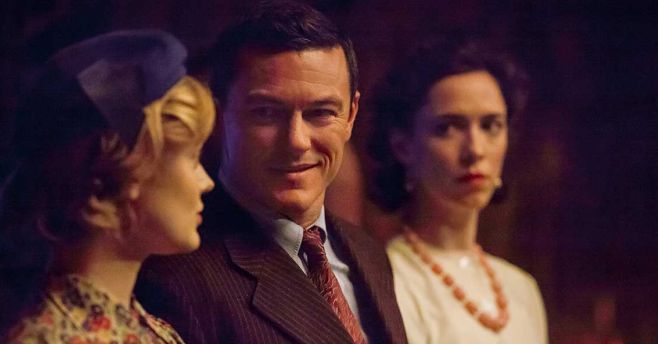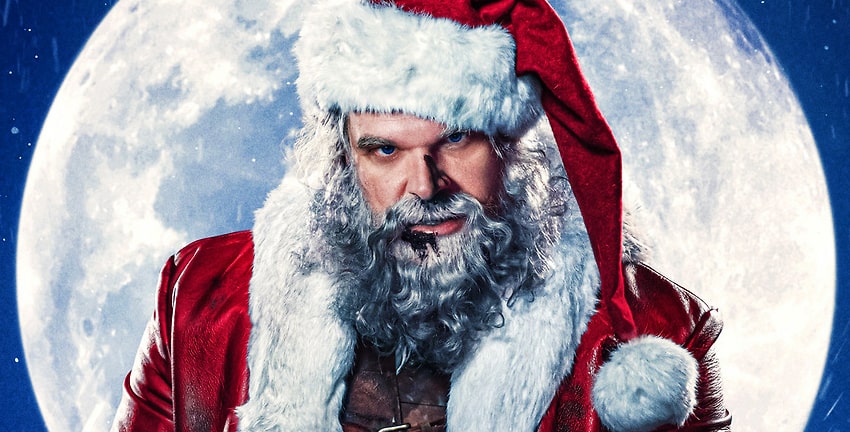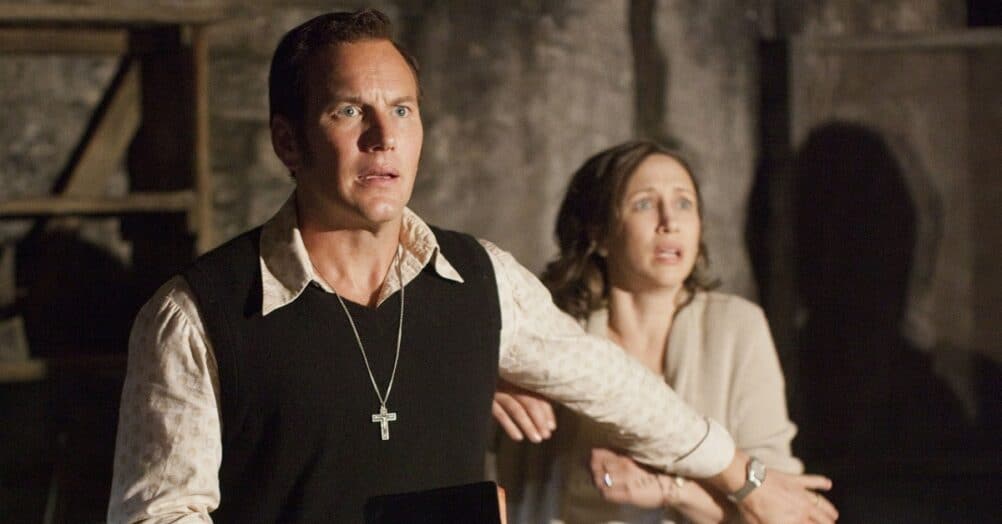Last Updated on July 30, 2021

This was originally reviewed as part of our TIFF 2017 coverage.
PLOT: The life of Wonder Woman creator Dr. William Moulton Marston (Luke Evans) and his wife Elizabeth (Rebecca Hall), who fall in love with a student, Olive (Bella Heathcote) and embark on a polyamorous relationship with her.
REVIEW: As far as these things go, PROFESSOR MARSTON AND THE WONDER WOMEN could not be more timely. With WONDER WOMAN one of the year’s highest grossing films, and a full-on cultural phenomenon, this is the perfect time to pull the curtain back and peer into the private life of the character’s creator. A devoted feminist and pioneer of DISC Theory, which theorized that people either fell into dominant or submissive categories (with neither being seen as negative), as well as the inventor of a component of the modern polygraph, many of his ideas were worked into his comics.
As Angela Robinson’s film shows, this landed the doctor in hot water, with conservative watchdog groups having a field day with him, especially when they discovered that he lived with two women, both of whom he had children by. PROFESSOR MARSTON AND THE WONDER WOMEN chronicles his early research and the way him, his wife and young Olive all fell in love with each other, even if the morals of the time made such a relationship dangerous. In fact, not much has changed, with polyamory still viewed with much suspicion, although here it’s depicted as quite innocent, even as far as their own sexual experimentation with submission and dominance goes – all of which is shot tastefully.
For such risqué subject matter, this is a surprisingly sweet, tame film. All three characters are fleshed-out and inherently sweet. Marston is a staunch feminist, with Evans portraying him as full of compassion, and somewhat submissive to his more dominant wife, Elizabeth, a genius in her own right, played strongly by Hall, who hasn’t had such a strong role in awhile. Meanwhile, Bella Heathcote makes a big impression as the sweet-natured, slightly submissive Olive, who gradually comes into her own and is shown to be, partially, Marston’s basis for Wonder Woman.

I’d wager the film is less focused on the genesis of that character though, being weighed more heavily to the unconventional love story. Still, comic book history buffs will get a big kick out of the framing device, where Marston has to defend himself to a puritanical adviser (Connie Britton), who wants Wonder Woman pacified into a tamer character.
It all ads up to a smart, intriguing slice of history, and a unique insight into a character that’s really come into her own in the last year. Wonder Woman has always been an icon, but perhaps never more so than now. This shows how much real thought went into creating her, and that comics, while often dismissed as a lesser art, can really be just as sophisticated an important as anything else – heck – maybe even more so. In many ways, this is the ideal companion piece to Patty Jenkins’s film.



















Follow the JOBLO MOVIE NETWORK
Follow us on YOUTUBE
Follow ARROW IN THE HEAD
Follow AITH on YOUTUBE